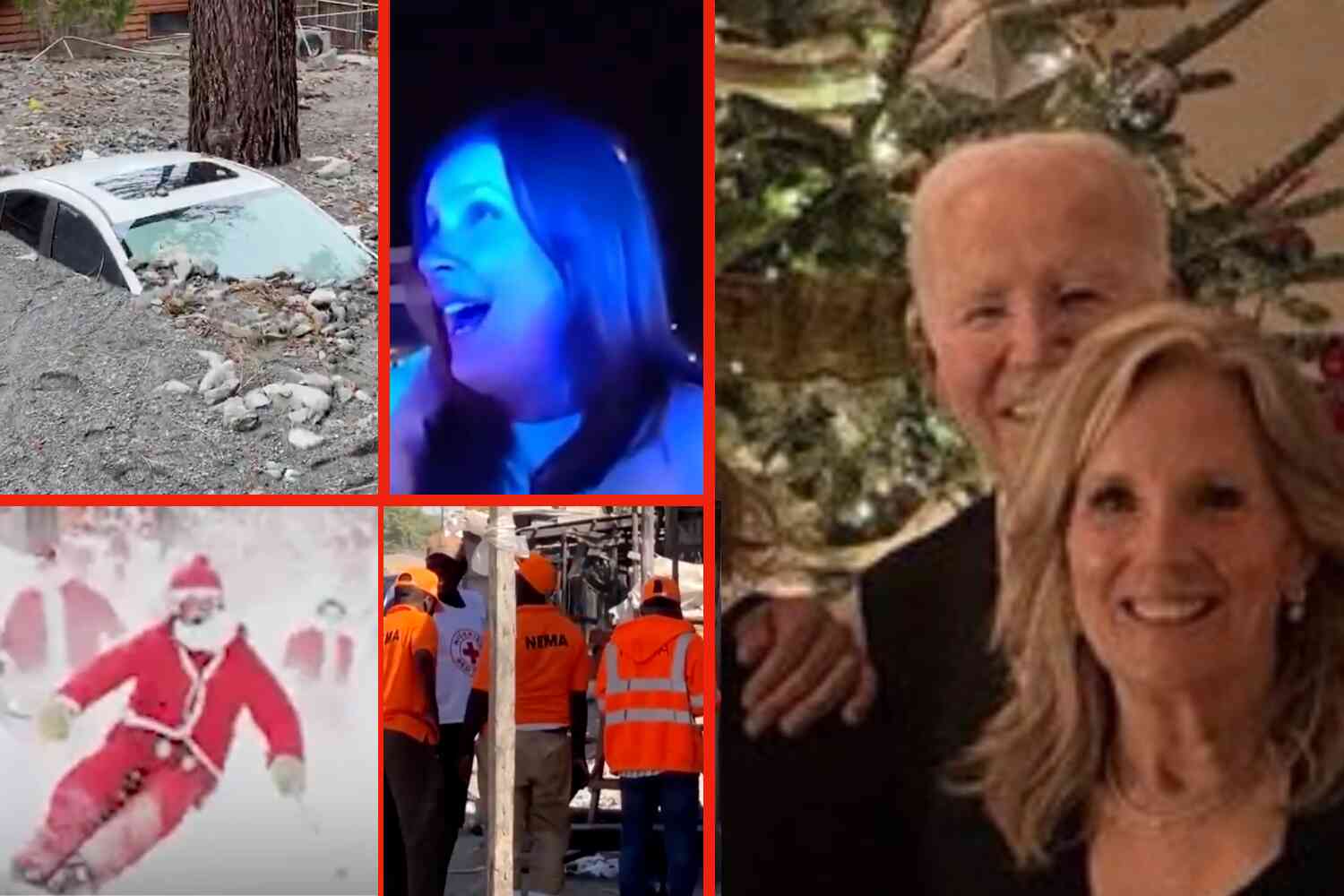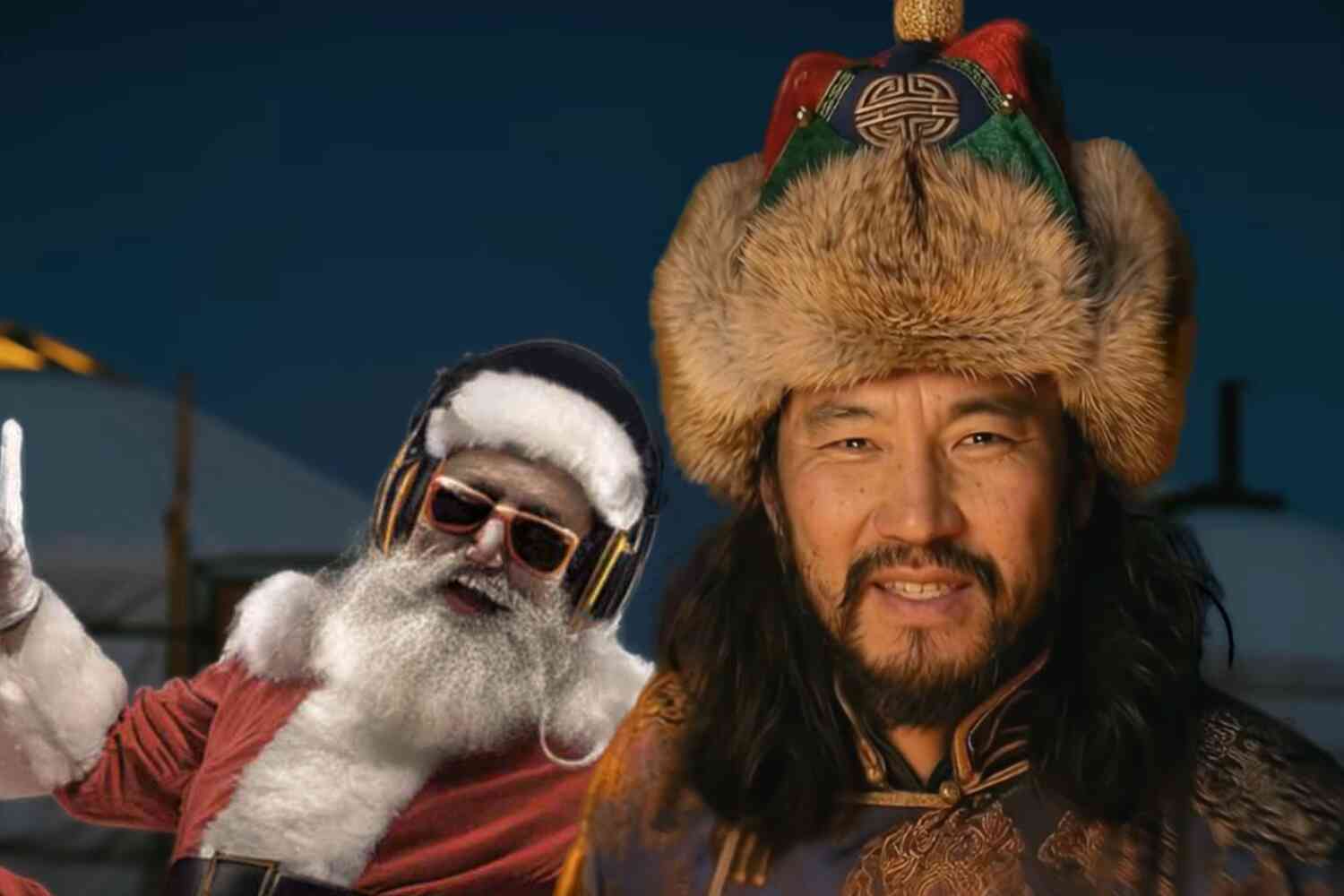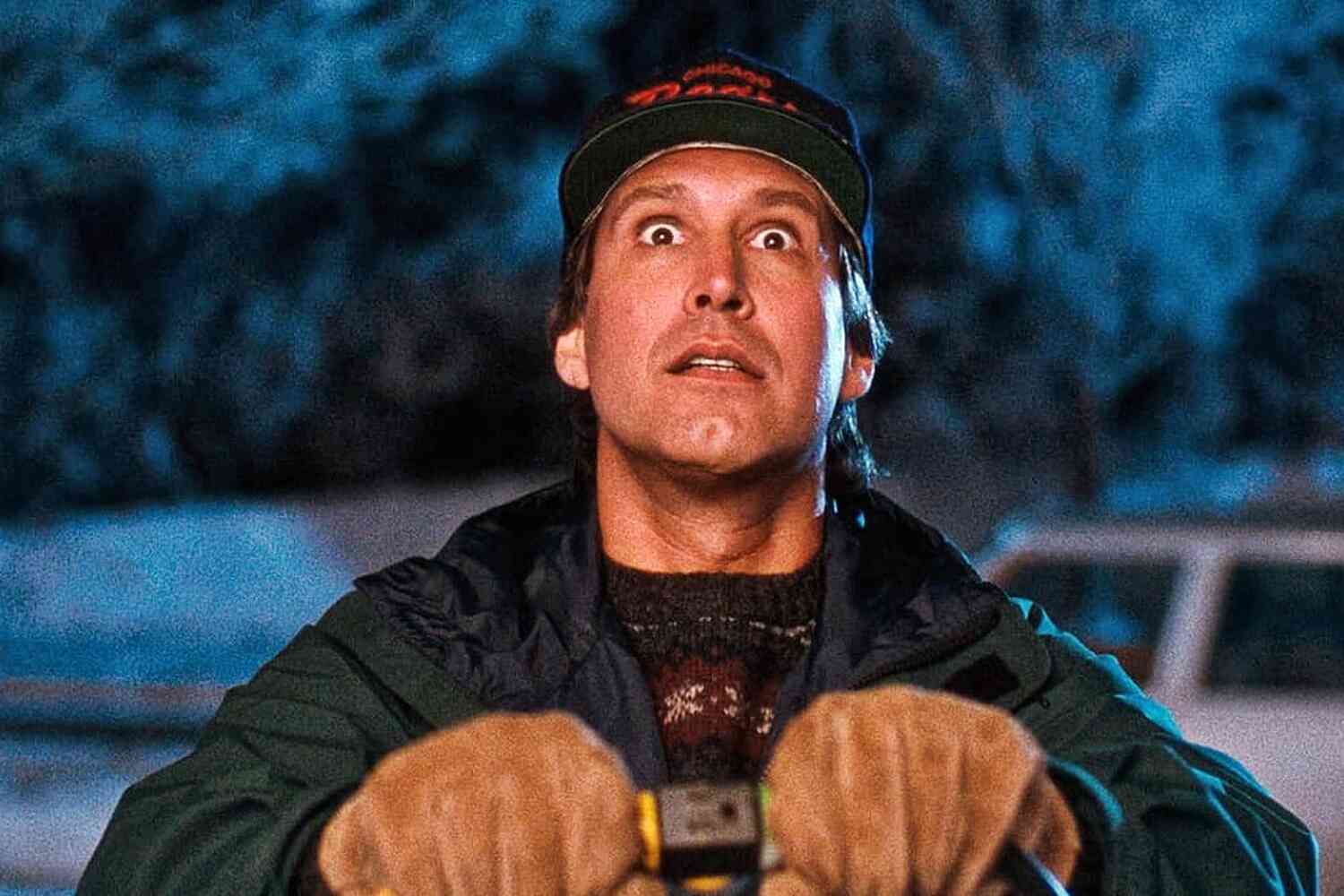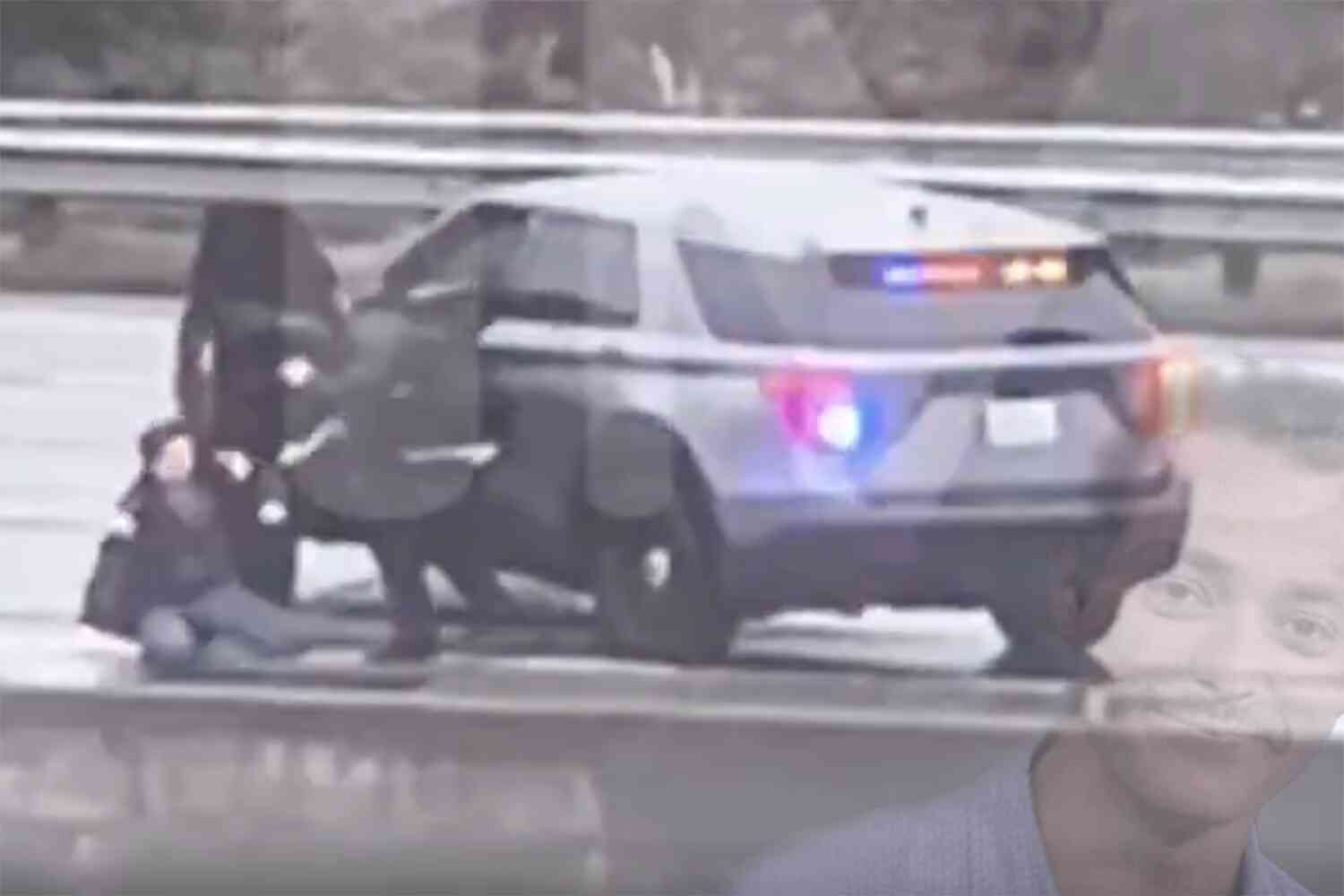Tucker Carlson flew all the way to Moscow to sit down with Vladimir Putin at the Kremlin last week. In another time, perhaps it would have been seen as a journalist just doing journalism. After all, his job as a journalist is to interview newsworthy people from all stripes so that the public will be better informed on the current events of our day. Certainly, interviewing the leader of a foreign state our government insists on engaging in a proxy war with ranks up there as newsworthy and informative content. But we do not live in a time that sees things that way.
Immediately, our political class denounced Tucker for platforming an enemy dictator and letting him spread lies. They went on social media and on establishment media to have their cathartic freakout over the interview. Former Prime Minister of the U.K. Boris Johnson, who was widely reported in 2022 as having been instrumental to scuttling Ukraine's peace talks with Russia, called Tucker Carlson a "traitor." It would be much better in his mind to not understand the enemy's point of view, to not understand the conflict we have become entangled in, and just keep the bullets and bombs flowing at any cost to both Ukraine's citizens and ourselves.
Now that everyone has thrown their tantrums over a random act of journalism and said what everyone already knows about Putin being a bad guy, can we talk about how to end the Ukraine war without sacrificing an entire generation of Ukrainians or escalating it to the point of all-out nuclear exchange?
What this collective anger about an interview highlights is how sorely the West needs a realist statesman like Nixon again.
Former President Richard Nixon talked to the brutal dictators of his time, like Chairman Mao of China, who killed up to 45 million in four years of his Great Leap Forward. But, why would Nixon do that? Wasn't he the leader of the free world with a responsibility to not allow dictators to spread their lies as our current political class insists?
He was a realist and he dealt with the real world as it was; not with how he thought it should be.
Nixon realized that the time of the United States being the big dog was over. There would no longer be just one superpower that could dictate terms for everyone else to follow. We were rapidly entering a multipolar world. He understood that there were limits to our power. In other words, going forward, we couldn't just do anything we pleased around the world. We would need to be smart in navigating a delicate balance of power. We would need to carefully weigh pros and cons to any action. In our day, America has plenty of critical domestic problems that preclude an open-ended commitment to any other nation, let alone Ukraine. There is the steadily rising national debt of $34 trillion, a broken trust in all of our institutions, and a crushing sense of confusion pervading postmodern American life.
The simple days of Pax Americana are a long way off in the rearview mirror at this point.
How did Nixon fare with his realist approach? He was rewarded with success on the foreign policy front. He talked to the Soviet Union and secured the Strategic Arms Limitation Treaty and Anti-Ballistic Missile treaty. He ended a 25-year period of silence with China to become the first U.S. President to visit, leading to normalized trade and diplomatic relationships with a nation-state that now comprises more than 1 billion people. He also signed the Paris Peace Accords, ending more than a decade of costly war in Vietnam.
Nixon had an awareness of what America could do and could not do in the changing world. He said in a speech that America's loss of pre-eminence and predominance was not a bad thing, but rather it was "constructive." We have to understand reality in order to align our activity with it.
It didn't take long for America's political class to forget about the pragmatism of Nixon and throw our nation into seemingly endless war in the Middle East while advancing NATO several countries eastward in Russia's direction. Former leader of the Soviet Union Mikhail Gorbachev, who was instrumental in ending the Cold War, said in 2014 that the advances of NATO were "a violation of the spirit of the statements and assurances made to us in 1990." In 1999, another American realist, Pat Buchanan, wrote, "By moving NATO onto Mother Russia's front porch, we are driving Russia into the arms of Beijing and creating the hostile alliance it is in our vital interest to prevent." This is exactly what we see the West's sanctions and proxy warfare accomplishing today: A renewed alliance of China and Russia, something Nixon fought very hard to prevent.
This line about NATO expansion was echoed in what Putin said to Tucker. The West can dismiss this concern all they want, but they will come no closer to understanding their enemy. You don't have to agree with every line of historical argument from Putin's half-hour lecture, but, like realist Nixon, you do need to hear what the other side is saying and you also need to look at reality on the ground.
Russia appears to have shifted to a war-time economy, able to maintain its war effort. The war is static now — think World War I trench warfare, where anyone who attacks will take massive casualties. But, such a war does not favor the smaller Ukraine, which seems outgunned and outnumbered, and whose civilians and armed forces are paying a heavy toll. For every shell Ukraine is able to fire, Russia can fire 5 back — and that is with Western countries helping Ukraine. Advances in drone warfare certainly add to the deadliness of modern combat, but it doesn't change the strategic situation or the basic arithmetic of attrition.
A realist would try to understand how Putin thinks so that they could find a way to end this war in order to save civilian lives. But we don't have realists anymore. Our political class in the West doesn't want the war to stop. The status quo of sending hundreds of billions of dollars in military aid to Ukraine while telling their leaders to not have peace talks with Russia has been devastating to the average Ukrainian.
As Elon Musk recently put it, "There has been no change in the Russia-Ukraine border for a year, just lots of dead kids. What kind of psycho wants that to continue?"
The West seems ready to wage this war to the last Ukrainian if need be. We need to be talking with Russia more, not less.
P.S. Now check out our latest video 👇
Disclaimer: The opinions expressed in this article are those of the author and do not necessarily reflect the opinions of Not the Bee or any of its affiliates.









